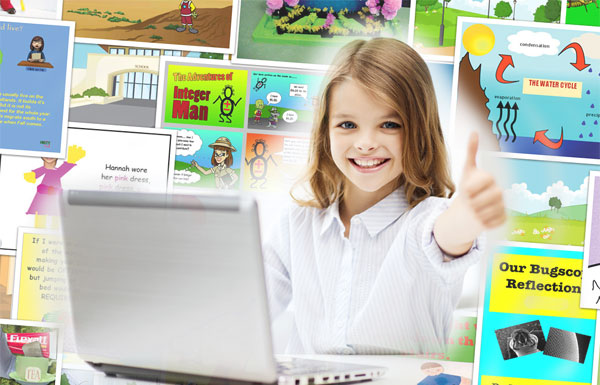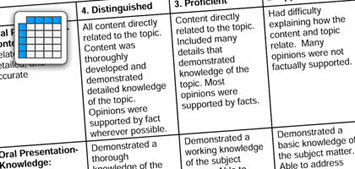
How Teaching Media Literacy Can Save Our Plugged-in World

When I recently came across an interesting and humorous article on deciphering "Fake News" written by college professor Julie Smith, I purchased (and quickly devoured) her book, Master the Media: How Teaching Media Literacy Can Save Our Plugged-In World.
I reached out with some questions and after corresponding a bit, asked if I could interview her so that others could benefit from Julie's humor, experience and authentic approach to media literacy.
I like to compare it to being a food critic. A food critic loves food, but they analyze the ingredients in a recipe; from the colors, textures, the chef, and even how the food is presented. And that's a lot like media literacy - understanding how media is created, shared, and consumed and what the effects this has on our behavior.
In 10th grade, my English teacher, Liz Brown, had us read about the Canadian philosopher and media theorist, Marshall McLuhan. As we explored his studies on mass media and human behavior, I could picture myself talking about this when I was older.
Fast forward to my time trying to tackle working full-time and attending graduate school at night. I realized I should pick something that really interested me and frankly would keep me awake. So, I decided I wanted to teach people how to watch TV. How we now consume media has obviously changed, but the need to be critical consumers has not.
High media literacy is constantly questioning things in a skeptical, but not cynical way. Applying media literacy means asking:
I teach my students to constantly question information from guest speakers, their textbooks, TikTok videos and the like. I want them to ask these questions with every single message received, not because the messages are bad, but so they become smart consumers of media.
Teaching media literacy effectively means mentoring rather than monitoring, coaching more than preaching. Students need to take responsibility for things that happen online and block, mute, report, delete. They need to know the terms of service. They need to know how to self track, how to identify smishing and fake photos and fake videos, so it's a more empowering experience for them.
It's about changing the relationship you have with the messages you consume. Being in charge, understanding why you're choosing certain messages over others, recognizing how these messages make you feel, recognizing what kind of messages get your attention more than others, et cetera. It's about having awareness.
AI adds a whole new layer to being able to distinguish what is real and what is not. So much of what we see is artificially generated. AI makes it so easy to create things that look legit and what I'm uncovering is that we trust nothing.
I've been having this conversation in my college classes lately. What is worse? Believing everything or believing nothing? My students believe nothing, but that's bad, too. We're so cynical that hardly anybody even votes because we feel like it's hopeless and nothing matters anyway.
People don't want to be critically consumed and people don't want to be critical consumers. And yes, when no critical thought is required or desired, it's a comfortable place. But what does that mean for democracy? What does it mean for our society as a whole if we don't trust other people and our institutions and our media?
When we are asking the questions that media literacy entails, there is a hunger for truth and authenticity, and less room for lack of respect, mockery, and apathy. Media literacy means you think as you consume and think as you communicate.
Media literacy works to counteract apathy and many of the problems kids have online. Media literacy provides a set of tools we can give to students to make sure that they are in control of their online identity rather than their online identity controlling them.

Follow us on Instagram for daily inspiration

Create a thought web, cluster, flowchart, or other graphic organizer for a lesson
8 first projects to get students using technology
Creative, digital book reviews
Fun and powerful ideas with animated characters

Wixie
Share your ideas, imagination, and understanding through writing, art, voice, and video.

Rubric Maker
Create custom rubrics for your classroom.

Pics4Learning
A curated, copyright-friendly image library that is safe and free for education.

Wriddle
Write, record, and illustrate a sentence.

Get creative classroom ideas delivered straight to your inbox once a month.
Topics